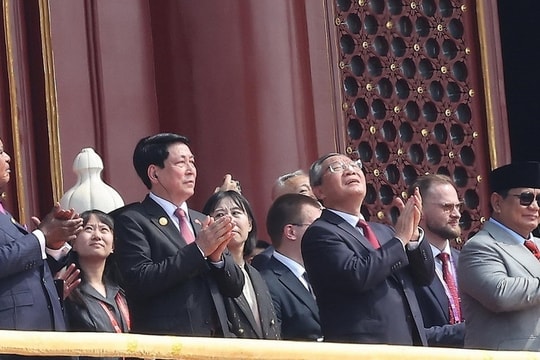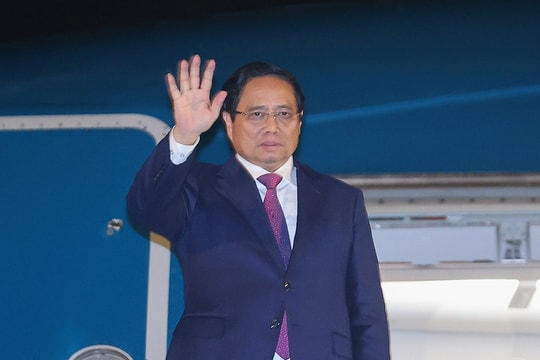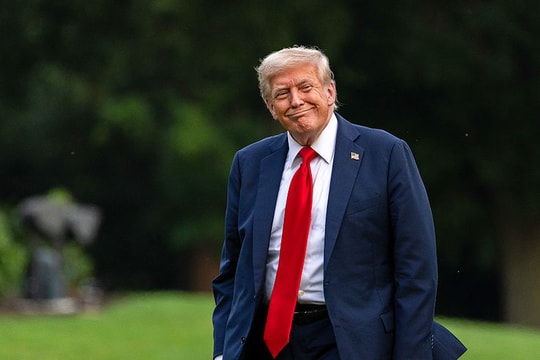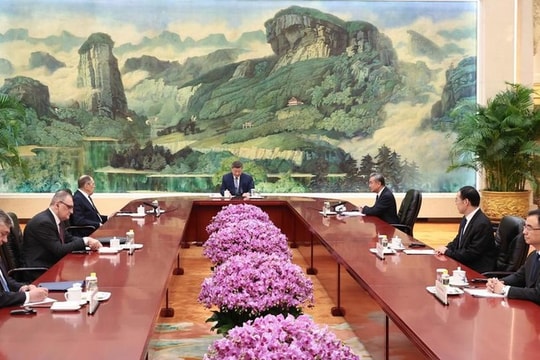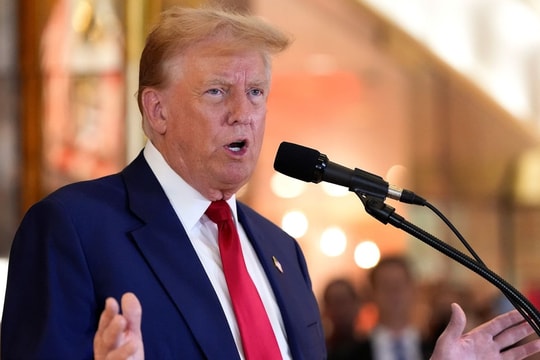Xi Jinping warns Taiwan will receive “historic punishment” if it secedes
(Baonghean) - At the first session of the 13th National People's Congress, President Xi Jinping warned that Taiwan would face "historic punishment" if the island declared independence. This statement was made in the context of Taiwan strengthening its unofficial relationship with the United States.
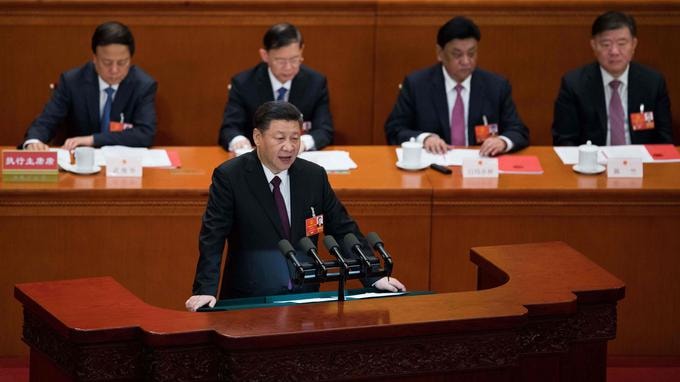 |
| Chinese President Xi Jinping delivers a speech at the first session of the 13th National People's Congress on March 20. Photo: AFP |
On March 20, the first session of the 13th National People's Congress of China ended with the presence of General Secretary and President Xi Jinping, Premier Li Keqiang, Chairman of the CPPCC Wang Yang and nearly 3,000 delegates to the Chinese National People's Congress.
President Xi Jinping has said he wants to promote Taiwan's "peaceful return" to the motherland and will work to give Taiwanese people more opportunities in China's development.
With a more resolute attitude than ever, Mr. Xi Jinping issued a “red line” warning: “All actions and all schemes to split China are doomed to failure, will be condemned by everyone and will be punished by history,” and promised to fight against all separatist actions.
In front of the Great Hall of the People, the leader of Beijing did not forget to affirm that the Chinese people will protect "China's territorial integrity" and move towards "complete unification".
Xi Jinping warned that his country would never accept being divided by even an inch of its territory.
Thunderous applause from nearly 3,000 delegates rang out in the Great Hall of the People in Beijing after Mr. Xi's speech.
Beijing, which has never allowed diplomatic relations between Taipei and other capitals, is furious over a US law that encourages senior US officials to visit Taiwan and vice versa.
In 1979, Washington ended formal diplomatic relations with Taipei. However, it maintained trade relations, including arms sales, with the island despite repeated protests from China.
Returning to the new law approved by President Trump to allow increased travel between the US and Taiwan, a spokesman for the Chinese Foreign Ministry said that this US law has “seriously violated” the “one China” principle and has sent “a very bad signal to the separatist and independence forces” in Taiwan.
China strongly opposes this and demands that the US side correct its mistake, stop pursuing official relations with Taiwan, or strengthen its current relations with Taiwan.
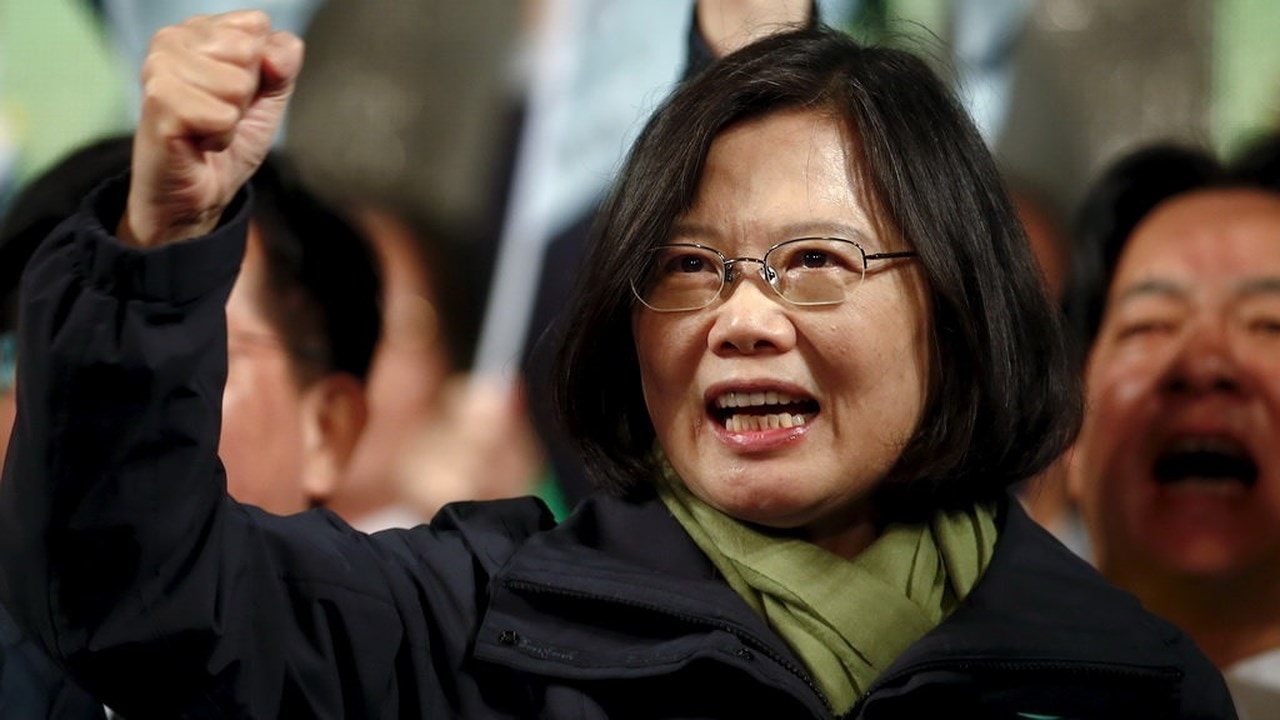 |
| Taiwan President Tsai Ing-wen continues to push for independence from China |
For China, Taiwan - the land from which Chiang Kai-shek withdrew after his defeat on the mainland - is an indispensable part of its territory.
Meanwhile, Taiwan still insists that it is a separate entity from China. Relations between the two sides have been tense since the election in early 2016 when Tsai Ing-wen, head of the Democratic Progressive Party, was elected as the island's leader.
Tsai Ing-wen, who has always been a staunch anti-Beijing advocate, continues to push for independence from China. Given Taiwan’s recent moves, China suspects that Tsai Ing-wen wants to officially declare Taiwan’s independence. However, Taiwan’s most recent statement is that it wants to maintain the status quo.

